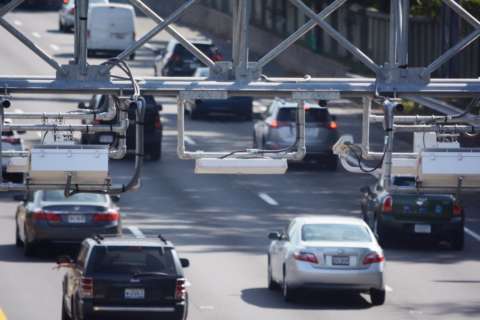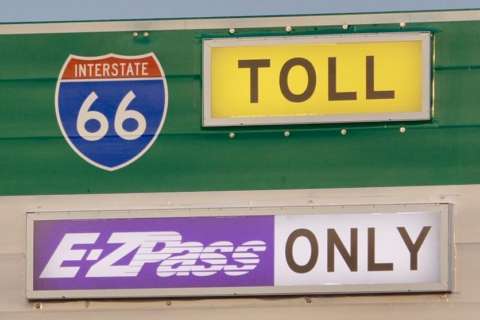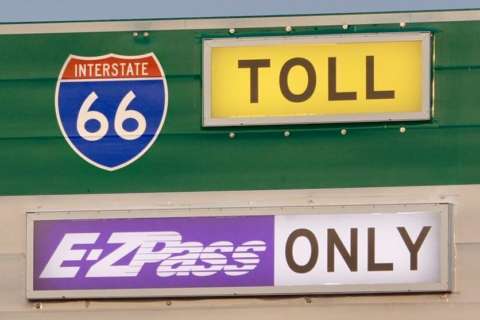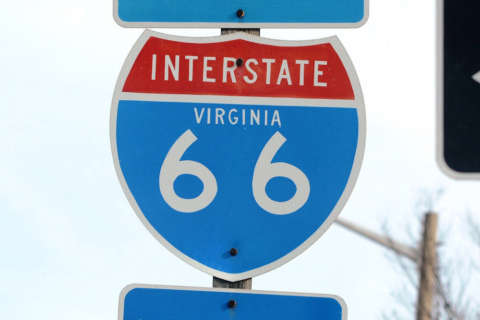WASHINGTON — A Loudoun County supervisor says he isn’t giving up after his resolution pressing the Virginia Department of Transportation to immediately lower tolls on Interstate 66 failed to move forward in an important transportation committee.
“We’re talking about real people’s lives,” said Loudoun County Supervisor Ron Meyer, who also sits on the Northern Virginia Transportation Commission, an independent panel that promotes transportation improvements.
Meyer said his measure calling for immediate changes to the new I-66 tolling was deferred until the commission’s next meeting in January.
“The commission says we’re going to punt this to a future meeting and that we can wait and see the results,” Meyer said.
But Meyer said his constituents aren’t guinea pigs or test subjects.
“If we delay a month, we’re talking about an extra $300 to $600 a month that people are paying in tolls,” he said. “And this is right in the holiday season and this is what we’re doing to them.”
Meyer said he’s hearing from his constituents and the Loudoun Board of Supervisors “that we can’t wait any longer.” The board of supervisors previously passed the same measure on a bipartisan 9-0 vote, he said.
Karen Finucan Clarkson, spokeswoman for the NVTC, said the commission “basically deferred any action pertaining to I-66 tolls until our January commission meeting. And that gives us an opportunity to have a representative from VDOT on hand to present information and respond to questions.”
Virginia Transportation Secretary Aubrey Layne has said he’s open to adjusting the algorithm that determines tolls but so far “it looks like it’s doing it’s job.”
Speaking before another transportation panel earlier this week, Layne said it appears the new tolls appear to have pushed more people into carpooling. “Hooray, that’s what we want … Squeezing out the single drivers, that’s what the policy is.”
Meyer said it gives him pause to hear Layne say the tolls are working by design.
He said drivers are frustrated with the new I-66 tolling system, that the rates are higher than what was promised and that solutions need to come soon.
Meyer said making the road so expensive to take during rush hour is forcing people out of their cars, which he characterized as a form of underhanded “social engineering.”
“The intended goal wasn’t to basically social engineer people to force them to take transit — that was not the stated goal,” Meyer said. “But that’s what really the goal was that they weren’t telling us.”
Meyer said policymakers should instead make public transit “good enough where people actually make that choice.”
Besides lowering tolls, Meyer’s resolution also seeks to cap toll rates. VDOT officials have said capping tolls would have an adverse impact on keeping the I-66 lanes moving during the rush-hour periods.
Meyer’s resolution also asks to restore the previous morning and evening rush-hour period, which were extended by 2 and 1/2 hours. Meyer said that’s one step that can be done immediately without impacting the algorithm.
Although his resolution didn’t advance Thursday, Meyer said the NVTC was the right agency to ask for changes since it receives the toll revenue.
Meyer said he’ll continue to work on his resolution and to keep calling for change.
“We need to tell VDOT that this is unacceptable and that we have to have changes as soon as possible,” he said.








